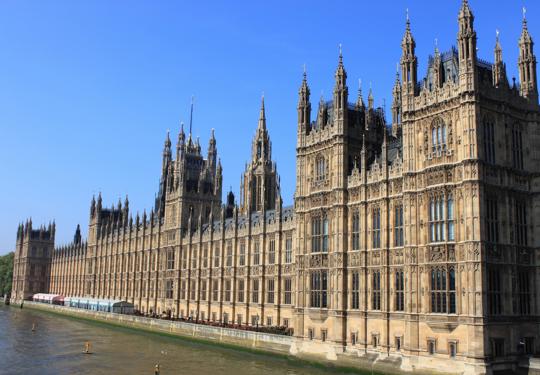The Royal College of Physicians (RCP) has published a new position statement in response to the Terminally Ill Adults (End of Life) Bill currently going through parliament which seeks to legalise assisted dying.
The statement says while the bill has undergone a number of changes during the public bill committee phase, there currently remain deficiencies that would need addressing to achieve adequate protection of patients and professionals.
It advises that, were assisted dying to become legal in England and Wales by way of the Terminally Ill Adults (End of Life) Bill, there are key factors that must be protected in the legislation:
-
Patients must be enabled to have an equitable choice of services as they approach the end of their lives.
-
Doctors must have the option to absent themselves from any aspects of assisted dying.
-
Decisions around a patient’s prognosis must be informed by expert clinical professionals including those who know the patient.
-
Prognostic uncertainty must be understood and accepted by the patient and professionals involved in decisions and oversight.
-
Decisions on capacity, and safeguards around coercion must be informed by face-to-face assessments of relevant and appropriately skilled health and care professionals including those trained in mental health to assess the patient for any remediable suicidal risk factors.
-
Services that may deliver assisted dying must be closely regulated and monitored for assisted dying.
-
Medicines prescribed and administered in assisted dying must be regulated for safety and efficacy for this use.
-
Assisted dying services must not divert resources from other end of life care which must be available for all patients, or disadvantage provision of end of life and other services.
The RCP's clinical vice president, Dr John Dean, said: 'The ultimate decision on assisted dying rests with society through parliament, but professional and clinical issues are integral to legislation, regulation, guidance and safe and effective implementation.
'Our members and fellows who we represent have a wide range of views on assisted dying. While the RCP neither supports or opposes a change in the law on this matter, the bill in its current form has concerning deficiencies. Notably the proposed mechanisms of decision making are not in line with good clinical and professional practice. Further statutory guidance is also required to ensure effective regulation of drugs, providers, and the involvement of clinicians. Parliament must address these critical issues in the legislation or risk failing to protect vulnerable patients and uphold the integrity of clinical practice.'
The statement was developed through the RCP short-term clinical reference group on assisted dying, set up as a sub-group of RCP Council following Second Reading of the Bill in the House of Commons.
The RCP adopted a neutral position on assisted dying in 2019 following a survey of its members and fellows, reflecting the range of views throughout the 30 plus medical specialties. This means that the RCP neither supports nor opposes a change in the law.
After Second Reading of the Bill, the RCP had committed to consider, in consultation with its Council, the issues around implementation that the RCP could or should engage with during the parliamentary process.
The RCP then set up a short-term clinical reference group on assisted dying. This group was established as a sub-group of Council to consider the implications of the bill for physicians, patients and society.
The RCP responded to the public bill committee phase with a submission developed by the short-term clinical reference group, and agreed by RCP council.
The full membership of the group is available here.





